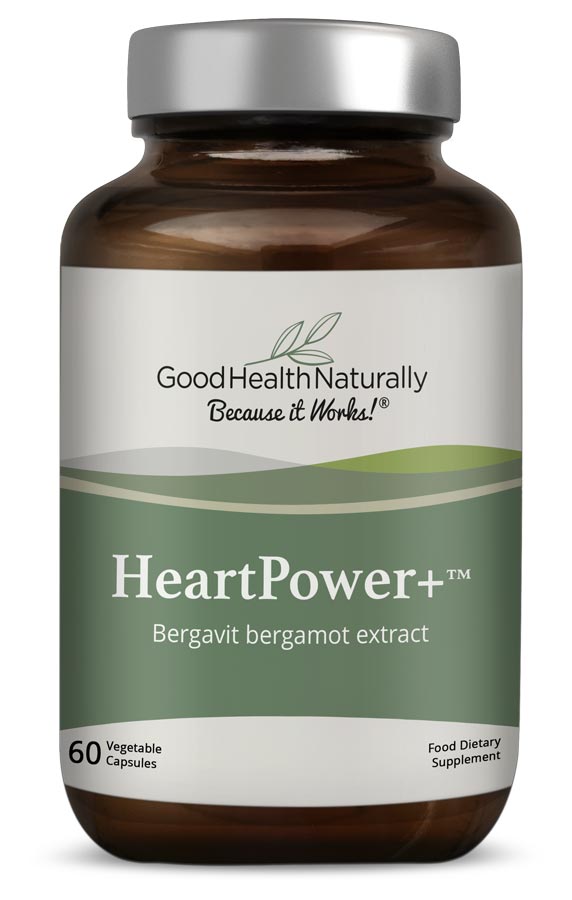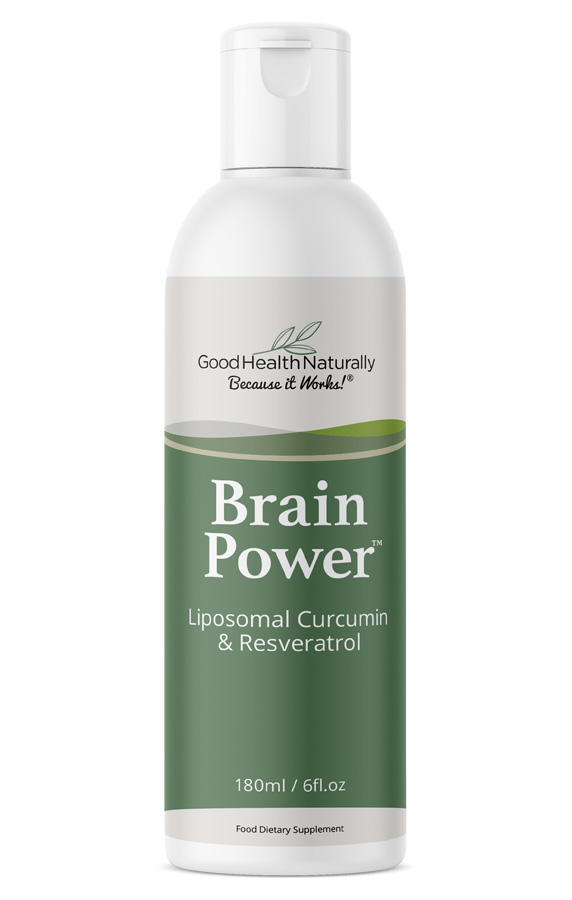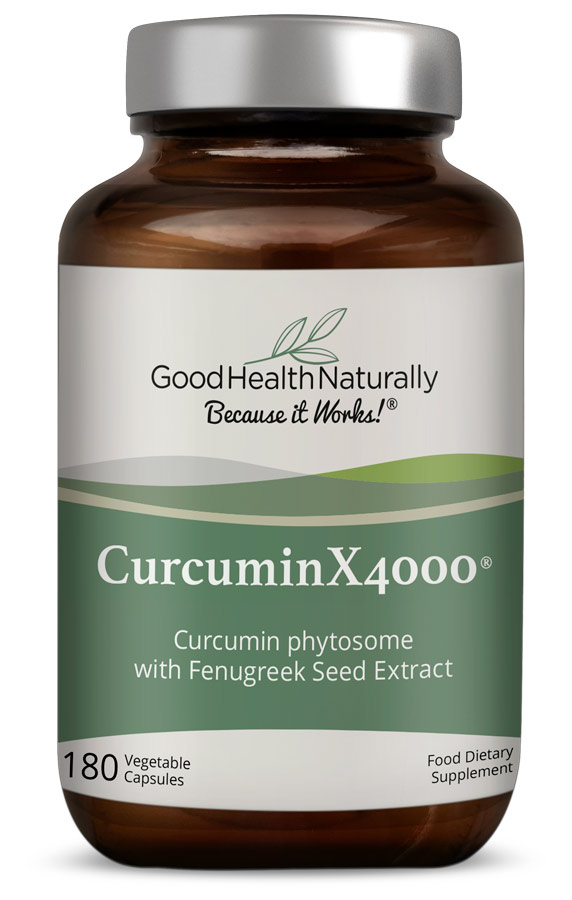Emerging research has found a compelling link between certain polyphenol-rich foods, specifically garlic, berries, and tea, and markers of slower biological ageing. As the science of nutrition continues to explore how our diets affect ageing at the cellular level, these natural compounds are coming to the forefront for their powerful protective effects.
In this blog, we will break down the science behind polyphenols and ageing, explore the new study that has made headlines, and highlight the best foods to include in your diet to support a healthier, longer life.
What Are Polyphenols and Why Do They Matter?
Polyphenols are naturally occurring compounds found in plant-based foods. They are best known for their antioxidant, anti-inflammatory, and cell-protective properties, all of which are crucial in the fight against age-related decline.
There are over 8,000 identified polyphenols, broadly grouped into categories such as flavonoids, phenolic acids, stilbenes, and lignans. These compounds are found abundantly in fruits, vegetables, herbs, teas, coffee, dark chocolate, and even wine.
Research suggests that polyphenols may help to:
- Neutralise free radicals and reduce oxidative stress
- Improve mitochondrial function
- Support immune regulation
- Enhance brain and cardiovascular health
- Reduce chronic inflammation linked to ageing
Polyphenols and Ageing: Insights from Recent Research
A recent study published in the journal Aging examined the effects of a diet rich in methyl adaptogen foods, which are those containing polyphenols and vitamins that influence DNA methylation, on biological ageing measured by epigenetic age (EA). This study, part of the Methylation Diet and Lifestyle Study (MDLS), focused on middle-aged men aged 50 to 72 who followed a specialised diet including garlic, berries, turmeric, rosemary, and oolong or green tea.
The research found that higher intake of these methyl adaptogen foods was significantly associated with reductions in epigenetic age, suggesting a slower biological ageing process. While the study did not establish a direct causal effect due to its small sample size and pilot nature, it supported the idea that polyphenols may play a protective role against cellular ageing.
Why Garlic, Berries, and Tea?
Each of these foods contains unique combinations of polyphenols that may explain their remarkable effects on ageing:
- Garlic – Rich in organosulfur compounds, including allicin and diallyl sulfides, garlic modulates inflammatory pathways and oxidative stress. It may support cardiovascular health and immune resilience.
- Berries – These contain high levels of anthocyanins, flavonols, and ellagitannins. Berries are known to improve cognitive function, protect against metabolic disorders, and offer potent antioxidant support for cellular health.
- Tea (especially green and black varieties) – A source of catechins, theaflavins, and flavonoids, tea supports heart health, improves mitochondrial efficiency, and reduces inflammation. It may also promote skin health and brain longevity.
Together, these foods appear to act synergistically to reduce cellular stress and slow down biological ageing.
More Polyphenol-Rich Foods That Support Healthy Cellular Function
While the MDLS study focused on garlic, berries, and tea, many other polyphenol-rich foods have also been shown in research to support healthy ageing. Including a diverse range of these foods can enhance your cellular health and longevity.
Other notable polyphenols include:
- Curcumin (Turmeric) – Curcumin exhibits strong anti-inflammatory and antioxidant effects. It may support brain health, joint function, and reduce the risk of neurodegenerative diseases. Curcumin also enhances mitochondrial function and DNA repair.
- Epicatechins (Dark Chocolate and Cocoa) – These are associated with improved blood flow and insulin sensitivity, better cognitive function and cardiovascular health.
- Luteolin and Apigenin (Celery, Parsley, Chamomile) – These may help protect neurons and reduce neuroinflammation, supporting memory, mood, and brain ageing.
- Ellagic Acid (Pomegranates, Walnuts) – These compounds help support detoxification and reduce oxidative damage, thereby protecting skin and connective tissue from collagen breakdown.
- Bergamot Extract (Citrus Bergamia) – Rich in unique polyphenolic compounds such as flavonoids, bergamot extract has been shown to support heart health by improving cholesterol balance and reducing oxidative stress. Emerging research also suggests potential benefits for metabolic health and inflammation reduction, both of which are key factors in healthy ageing.
Eating a variety of these foods, along with considering high-quality polyphenol supplements such as bergamot extract, can amplify the anti-ageing effects of polyphenols and support your body at a cellular level.
How to Eat More Polyphenols Daily
Adding polyphenol-rich foods to your diet does not have to be complicated. Small, consistent changes can have a significant impact over time. Try incorporating the following tips:
- Add blueberries or raspberries to porridge or smoothies
- Use garlic generously in soups, stews, and stir-fries
- Sip green tea or hibiscus tea throughout the day
- Cook with turmeric and black pepper for maximum curcumin absorption
- Snack on a few squares of dark chocolate (70% cocoa or higher)
- Use herbs like oregano, rosemary, parsley, and thyme liberally
- Include a handful of walnuts or almonds as a daily snack
If you are concerned that you are not getting enough variety, high-quality polyphenol supplements, such as curcumin, bergamot extract and olive leaf extract, can also be considered to complement a colourful diet.
Final Thoughts: The Power of Polyphenols and Ageing Gracefully
The new research adds to a growing body of evidence showing that polyphenols are powerful allies in the pursuit of healthy ageing. By focusing on a diet rich in colourful fruits, vegetables, herbs, and teas, particularly garlic, berries, and tea, you can actively support your cellular health and longevity.
In the end, it is not about fighting age but ageing well, with energy, clarity, and resilience. Polyphenols are among the best tools we have to do just that.
Reference:
Koc, V., et al. (2024). Methylation Diet and Lifestyle Study (MDLS): Association of Methyl Adaptogen Foods and Epigenetic Age. Aging, [DOI or link if available].







